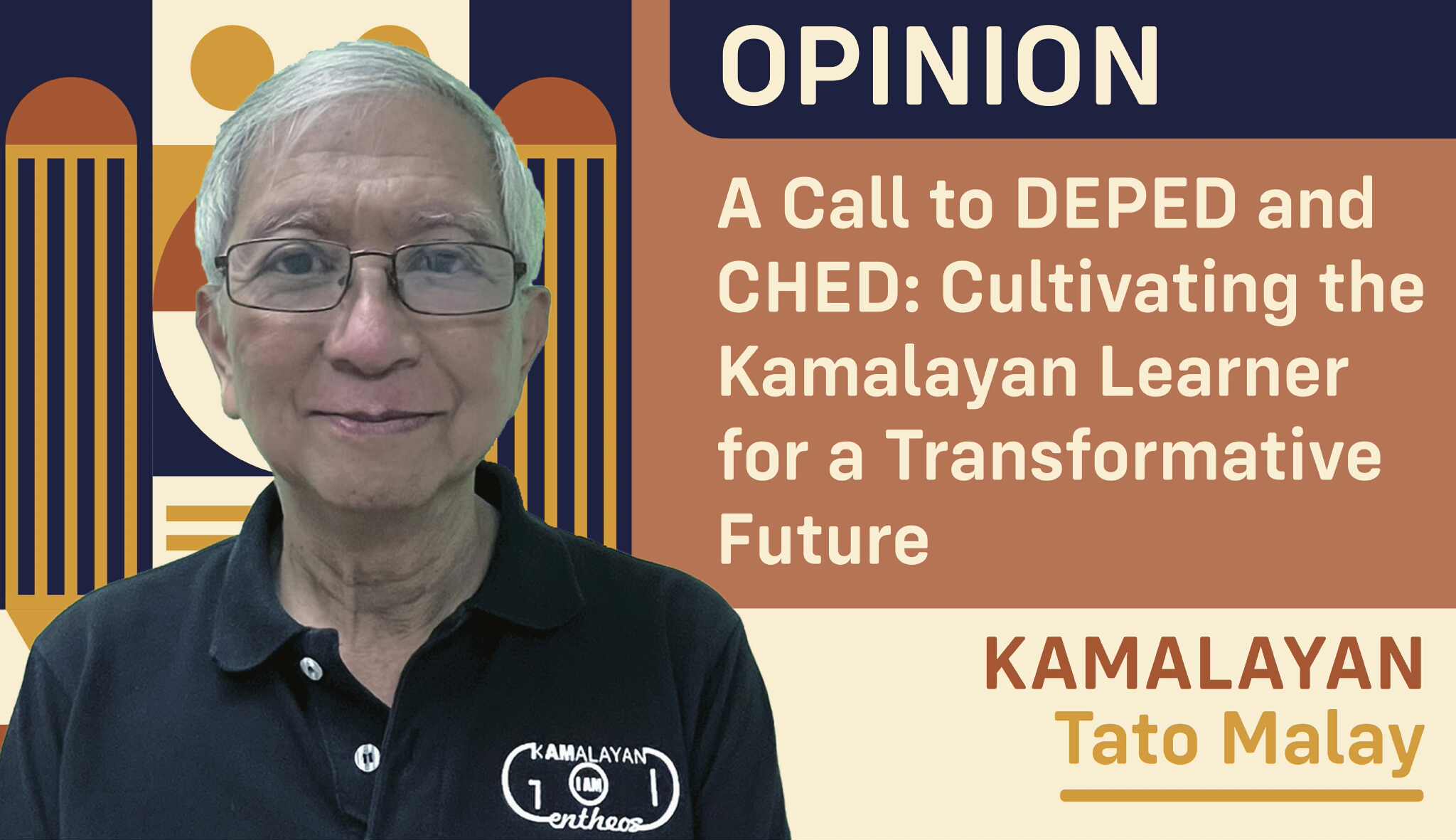In the rapidly evolving landscape of the 21st century, the fundamental challenge facing our education system is not merely the transmission of knowledge but the development of individuals equipped to navigate complexity with resilience and vision. To truly prepare our learners for this new world, it is imperative that we emphasize the cultivation of both mental flexibility and emotional balance—traits that enable individuals to adapt, innovate, and lead with purpose.
Central to this paradigm shift is the ancient yet timeless principle of self-awareness: "Know thyself." Understanding one’s core values, strengths, and aspirations forms the foundation for meaningful growth and effective engagement with the world. It is through this inward journey that learners can discover their true potential and align their actions with a larger purpose.
In my writings—particularly in Transformative Communication (2006) and Lessons I Never Learned in School (2014) —I emphasized that mastery of two key intelligences is essential in today’s world: intrapersonal intelligence, or self-knowledge, and interpersonal intelligence, or the capacity to relate effectively and compassionately with others. These intelligences are the bedrock upon which future leaders and changemakers are built.
I propose the concept of the “Kamalayan Learner”—a transformative individual characterized by twenty vital qualities. These learners possess a visionary outlook, embracing transformation while maintaining a deep concern for inner development. They are proactive, non-judgmental, and possess an understanding of the divine and human principles that govern life. They see perfection not as flawlessness but as continual striving toward betterment.
Kamalayan Learners are inspired, creative, and adaptable—embracing change as an opportunity rather than a threat. They recognize and celebrate the uniqueness of each individual, listen to their inner voice, and dream ambitiously. Their pursuits are driven by a sense of service, balance, and presence—living fully in the moment with courage and an insatiable desire to learn.
Today’s world is experiencing a profound period of transition—marked by uncertainty yet brimming with opportunities. It is during these times that the emergence of Kamalayan Leaders becomes critical. These individuals have the capacity to inspire others, foster unity, and lead societal transformation. They are the architects of a future rooted in oneness, compassion, and shared greatness.
Therefore, I urge DEPED and CHED to reevaluate and enhance current educational frameworks to prioritize these qualities. Our curricula must transcend rote memorization and standardized assessments, instead fostering the development of inner resilience, emotional intelligence, and visionary thinking. Teachers must be empowered to nurture these attributes, guiding learners not only to excel academically but also to grow as holistic beings.
In conclusion, the future belongs to those who think deeply, feel profoundly, and act courageously. By cultivating the Kamalayan Learner—individuals of great thoughts and actions—we can shape a new generation capable of leading our nation and the world toward a more harmonious and prosperous future.
Let us invest in this transformative vision today—for the sake of our learners, our society, and the generations to come.
#WeTakeAStand #OpinYon #OpinYonColumn #Kamalayan
